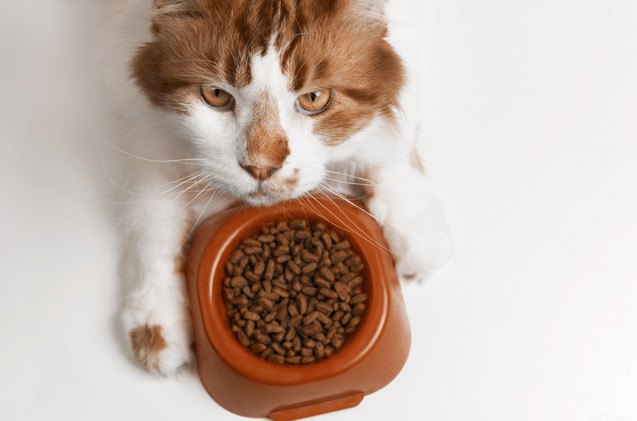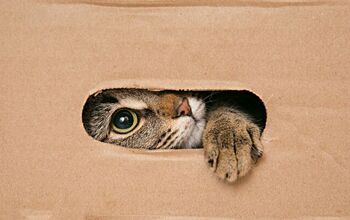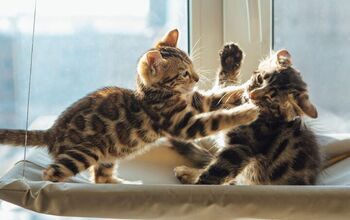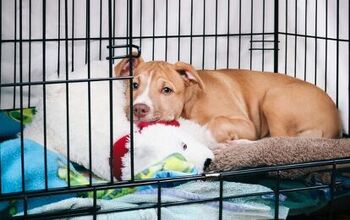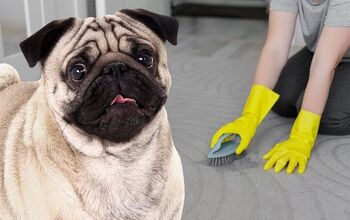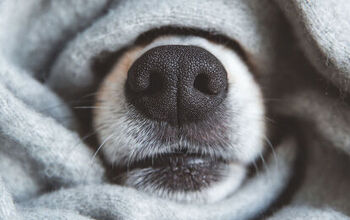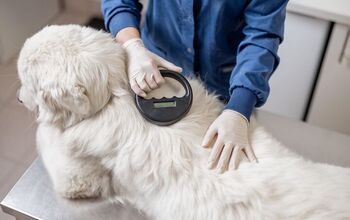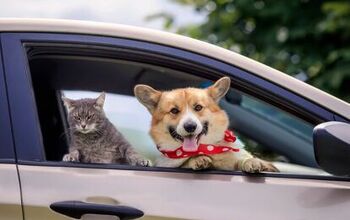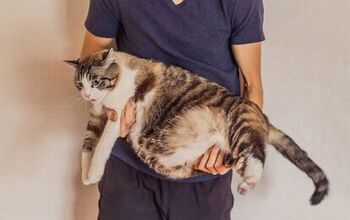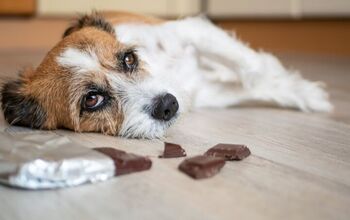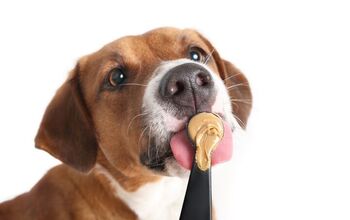Why Food Matters So Much to Finicky Felines

Finicky feline…it rolls off the tongue. And, for most cats, it’s a pretty accurate statement. If you share your home with a kitty companion, odds are that you have to put in a little extra effort to find the foods that your pet will gladly eat every day (unless you’re lucky and you have a cat with a more adventurous palate).
Why does food matter so much to your cat? With the help of science and an understanding of feline behavior, you can demystify your kitty’s eating habits.
Related: Should You Change Your Cat’s Food?
It’s All About Taste
When researchers set out to determine why cats are such picky eaters, they realized that it has a lot to do with their taste receptors. You see, when they’re living on their own in the wild, cats use their sense of taste to determine if a food might be harmful to eat. More specifically, bitter flavors could serve as deterrents. So even though your cat is being fed fresh food that isn’t rancid or toxic, he might still pick up on displeasing flavors because of some of the ingredients, such as plant extracts, that are within the food.
During their research, experts also noted that cats will taste food differently than humans will, so what is bitter to you may not be bitter to them, and vice versa. Prior research had already indicated that cats also can’t taste sweet flavors. By using what they know, and by conducting more studies into how cats react to various flavors, experts might be able to formulate new foods and feline medications that will be easier to administer because they’ll be more appealing to a kitty’s taste buds.
Related: How To Read A Cat Food Label
Comprehending the Cat Mind
Here are a few things that you should know about cat behavior, especially when it comes to food:
- Because kitties are creatures of habit, even right down to what they eat, suddenly changing your pet’s food could cause some stress. Your cat will quickly pick up on the fact that the new food has a different smell, texture, and taste, and he might decide to walk away rather than give the new food a chance. This is why experts recommend transitioning to a new food gradually. Abrupt change = no good. Gradual adjustments = purrfect.
- When it comes to cat food, it should be fresh, and it should be served in clean bowls. Otherwise, your kitty’s sensitive nose will be able to detect that the food might not be safe enough to eat. After all, felines are hunters, not scavengers. So, for example, if you leave wet food out for too long, your cat might notice that something is amiss, and he won’t take his chances. Plus, food that is too cold (taken out of the refrigerator) or too hot (heated up in the microwave) could be unpleasant to your kitty too.
- Cats could develop their preferences for food while they are kittens, so what a kitten eats could influence his likes and dislikes when it comes to flavors and textures. What a kitten’s mom eats during gestation, as well as while she is nursing, might even play a role.
- According to Pam Johnson-Bennett, if you feed your cat some of your human food from the table, he may not have a big enough appetite left for his own food, or he might develop a preference for your food over his. So, to ensure your cat eats safe, species-appropriate, nutritionally balanced meals, avoid giving your pet too much of your food.
Hopefully, the mystery surrounding your cat’s eating habits is a little less mysterious now that you have a better understanding of how your kitty’s mind works when it comes to food, and how his taste buds work as well. If you are dealing with a cat who is being supremely picky and you don’t know what to do, definitely consult with your vet for some personalized advice.

Lisa Selvaggio is a freelance writer and editor, and our resident cats-pert, with certifications in pet nutrition and pet first aid. She enjoys producing content that helps people understand animals better so they can give their pets a safe and happy home.
More by Lisa Selvaggio



